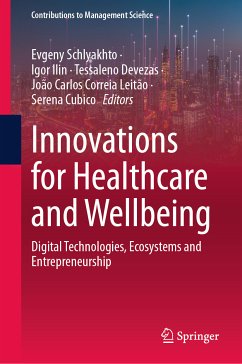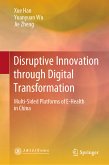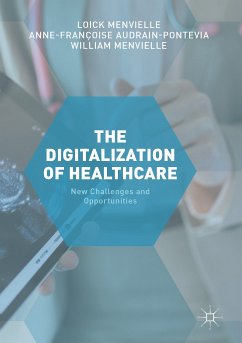This book examines various approaches to the modern healthcare system to provide an effective internal environment for the medical organization as well as an effective external environment for better interaction with all stakeholders of the greater healthcare system. It addresses the challenges of digital technology adoption in specialized areas (e.g., cardiology, surgery, neonatology, etc.) and of the dissemination of knowledge, technology, innovation, and entrepreneurial initiatives as well as communication between stakeholders. It then explores the development of the Smart Hospital by analyzing the internal architecture of medical organizations, key factors of their transformation, architecture of IT and digital technologies and data-driven management. Finally, this book explores the ways in which entrepreneurship and entrepreneurial leadership promote innovation and well-being in different organizational contexts, with special emphasis on human resource management, intellectual capital, and abusive leadership of public, social, and business sector contexts.
Dieser Download kann aus rechtlichen Gründen nur mit Rechnungsadresse in A, B, BG, CY, CZ, D, DK, EW, E, FIN, F, GR, HR, H, IRL, I, LT, L, LR, M, NL, PL, P, R, S, SLO, SK ausgeliefert werden.
Hinweis: Dieser Artikel kann nur an eine deutsche Lieferadresse ausgeliefert werden.









